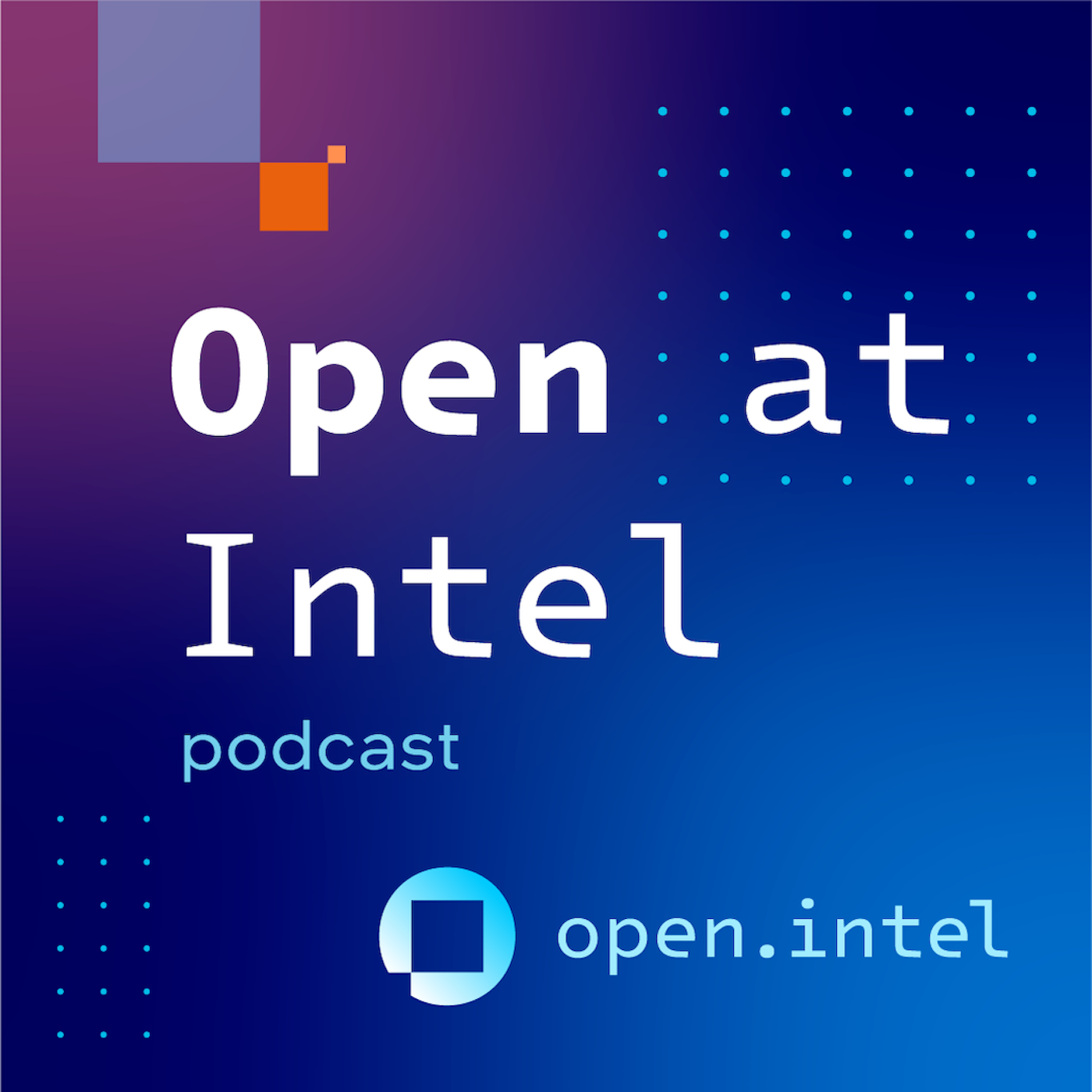Better Than the Sum of Our Parts
Description
Stephen Augustus, Head of Open Source at Cisco, and Liz Rice, Chief Open Source Officer at Isovalent, discuss Cisco's acquisition of Isovalent, which has closed since recording, bringing together two teams with long-standing expertise in open source cloud native technologies, observability, and security. The two share their excitement about working together, emphasizing the alignment of Isovalent with Cisco's security division and the potential enhancements this acquisition brings to open source projects like Cilium and eBPF. They explore the implications for the open source community, and the continuous investment and development in these projects under Cisco's umbrella. We discuss the ways this merger could innovate security practices, enhance infrastructure observability, and leverage AI for more intelligent networking solutions.
00:00 Welcome and Introduction00:22 Cisco's Acquisition of Isovalent00:53 The Excitement and Potential of the Acquisition02:14 Strategic Alignment and Future Vision04:03 Open Source Commitment and Community Impact06:53 The Road Ahead: Integration and Innovation19:49 Exploring AI and Future Technologies at Cisco26:03 Reflections and Closing Thoughts
Resources:
Cilium, eBPF and Beyond | Open at Intel (podbean.com)
The Art of Open Source: A Conversation with Stephen Augustus | Open at Intel (podbean.com)
Guests:
Liz Rice is Chief Open Source Officer with eBPF specialists Isovalent, creators of the Cilium cloud native networking, security and observability project. She was Chair of the CNCF’s Technical Oversight Committee in 2019-2022, and Co-Chair of KubeCon + CloudNativeCon in 2018. She is also the author of Container Security, published by O’Reilly.She has a wealth of software development, team, and product management experience from working on network protocols and distributed systems, and in digital technology sectors such as VOD, music, and VoIP. When not writing code, or talking about it, Liz loves riding bikes in places with better weather than her native London, competing in virtual races on Zwift, and making music under the pseudonym Insider Nine.
Stephen Augustus is a Black engineering director and leader in open source communities. He is the Head of Open Source at Cisco, working within the Strategy, Incubation, & Applications (SIA) organization.
For Kubernetes, he has co-founded transformational elements of the project, including the KEP (Kubernetes Enhancements Proposal) process, the Release Engineering subproject, and Working Group Naming. Stephen has also previously served as a chair for both SIG PM and SIG Azure.
He continues his work in Kubernetes as a Steering Committee member and a Chair for SIG Release.
Across the wider LF (Linux Foundation) ecosystem, Stephen has the pleasure of serving as a member of the OpenSSF Governing Board and the OpenAPI Initiative Business Governing Board.
Previously, he was a TODO Group Steering Committee member, a CNCF (Cloud Native Computing Foundation) TAG Contributor Strategy Chair, and one of the Program Chairs for KubeCon / CloudNativeCon, the cloud native community’s flagship conference.
He is a maintainer for the Scorecard and Dex projects, and a prolific contributor to CNCF projects, amongst the top 40 (as of writing) code/content committers, all-time.
In 2020, Stephen co-founded the Inclusive Naming Initiative, a cross-industry group dedicated to helping projects and companies make consistent, responsible choices to remove harmful language across codebases, standards, and documentation.
He has previously held positions at VMware (via Heptio), Red Hat, and CoreOS.
Stephen is based in New York City.
More Episodes
In this engaging conversation at the All Things Open conference, Tim Spann, Principal Developer Advocate at Zilliz, discusses the importance of community collaboration in advancing AI technologies. He emphasizes the need for diverse perspectives in solving complex problems and highlights his work...
Published 11/27/24
In this episode, Matt Butcher, CEO of Fermyon and a creator of the Helm project, returns to discuss his work with Helm—a nearly ubiquitous project in Kubernetes management. Matt provides insights into Helm's evolution from version 2 to version 3 and shares his vision for Helm 4. He emphasizes the...
Published 11/20/24
Published 11/20/24


